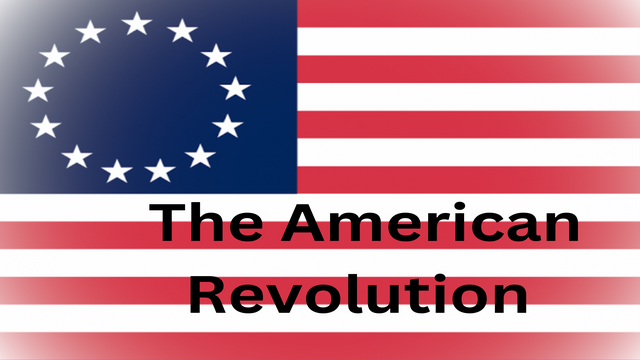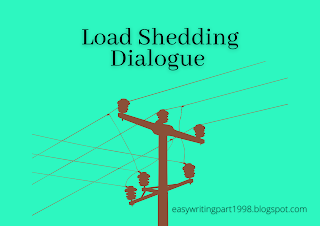The American Revolution paragraph 500 words summary
Enlightenment Ideas and the Birth of a Nation: The American Revolution
x
The American Revolution stands as a pivotal moment in the history of the United States, marking the birth of a nation that would strive for freedom and independence. Spanning from 1775 to 1783, this revolutionary war was fought between the American colonies and Great Britain. The causes and events leading up to the conflict were numerous and multifaceted, driven by factors such as taxation without representation, political philosophies, and a growing desire for self-governance.
One of the primary catalysts of the American Revolution was the issue of taxation imposed by the British Crown. The colonies, already burdened by economic hardships, resented the heavy taxes imposed by Britain to fund its war debts. Acts such as the Stamp Act and the Townshend Acts sparked outrage and resistance among colonists who believed that their rights were being violated. The slogan "No taxation without representation" became a rallying cry for those seeking a voice in the decision-making processes that affected their lives.
The revolutionary fervor was further fueled by the influential ideas of the Enlightenment and the writings of philosophers such as John Locke, Thomas Paine, and Thomas Jefferson. Concepts of natural rights, liberty, and the social contract resonated deeply with the colonists, leading them to question the legitimacy of British rule and the monarchy. Enlightenment ideals inspired a vision of a society built on democratic principles, where individual freedoms and the will of the people were respected.
 |
| The American Revolution paragraph |
Tensions escalated with the infamous Boston Massacre in 1770, where British soldiers fired upon a crowd of protesting colonists, leading to the death of several individuals. This event served as a stark reminder of the oppressive rule imposed by Britain and further galvanized the colonists' determination to fight for their rights. Subsequent acts of resistance, such as the Boston Tea Party in 1773, where colonists dumped British tea into the harbor to protest taxation, underscored the growing discontent and united the colonies against a common enemy.
The outbreak of armed conflict in 1775 marked the official beginning of the American Revolution. The battles of Lexington and Concord witnessed the clash between colonial militias and British troops, as the colonists sought to defend their rights and resist British oppression. The Second Continental Congress, convened in Philadelphia in 1775, assumed the role of governing the colonies and formed the Continental Army under the leadership of George Washington.
The subsequent years of the revolution were marked by a series of military engagements and strategic maneuvers. The Battle of Bunker Hill, the crossing of the Delaware River, and the decisive victory at Saratoga showcased the determination and resilience of the American forces. International support, most notably from France, bolstered the colonists' cause and played a crucial role in tipping the scales in their favor.
The turning point of the war came in 1781 with the Battle of Yorktown, where American and French forces successfully besieged British troops under General Cornwallis. This defeat proved to be a significant blow to British morale and paved the way for peace negotiations. In 1783, the Treaty of Paris was signed, formally recognizing the United States as an independent nation.
The American Revolution had far-reaching consequences that extended beyond the borders of the newly formed nation. It inspired other revolutionary movements around the world, challenging the prevailing notion of monarchy and autocracy. The principles of liberty, equality, and self-governance established during this period became the foundation upon which the United States was built.
american revolution essay conclusion
In conclusion, the American Revolution was a trans-formative event that shaped the course of history. Driven by grievances over taxation, influenced by Enlightenment ideas, and fueled by the desire for freedom, the colonists fought tenaciously to secure their independence. The legacy of the American Revolution endures, reminding us of the power of a determined populace and the pursuit of liberty and self-determination
Source- Boston tea party Ships and Museum
FAQs:
Question- 1.
When did the American Revolution start?
Ans:
The American Revolution happened from 1775 to 1783.
Question- 2.
Who was the commander in chief of the Continental Army?
Ans:
George Washington was the commander in chief of the Continental Army.
Question- 3.
Who won the Battle of Bunker Hill?
Ans:
The British Army won the Battle of Bunker Hill.
Question- 4.
Which battle is considered as the turning point of the American Revolutionary War?
Ans:
The Battle of Saratoga is considered as the turning point of the American Revolutionary War.
Tags:american revolution summary,essay on american revolution pdf,American Revolution Summary for students






